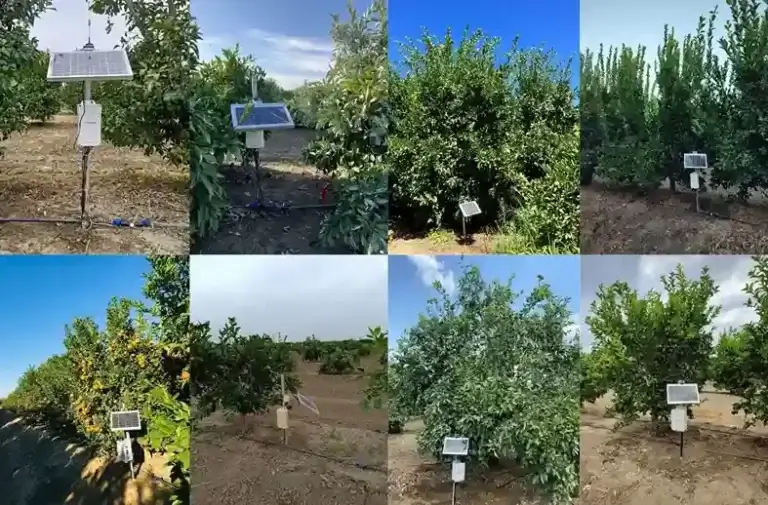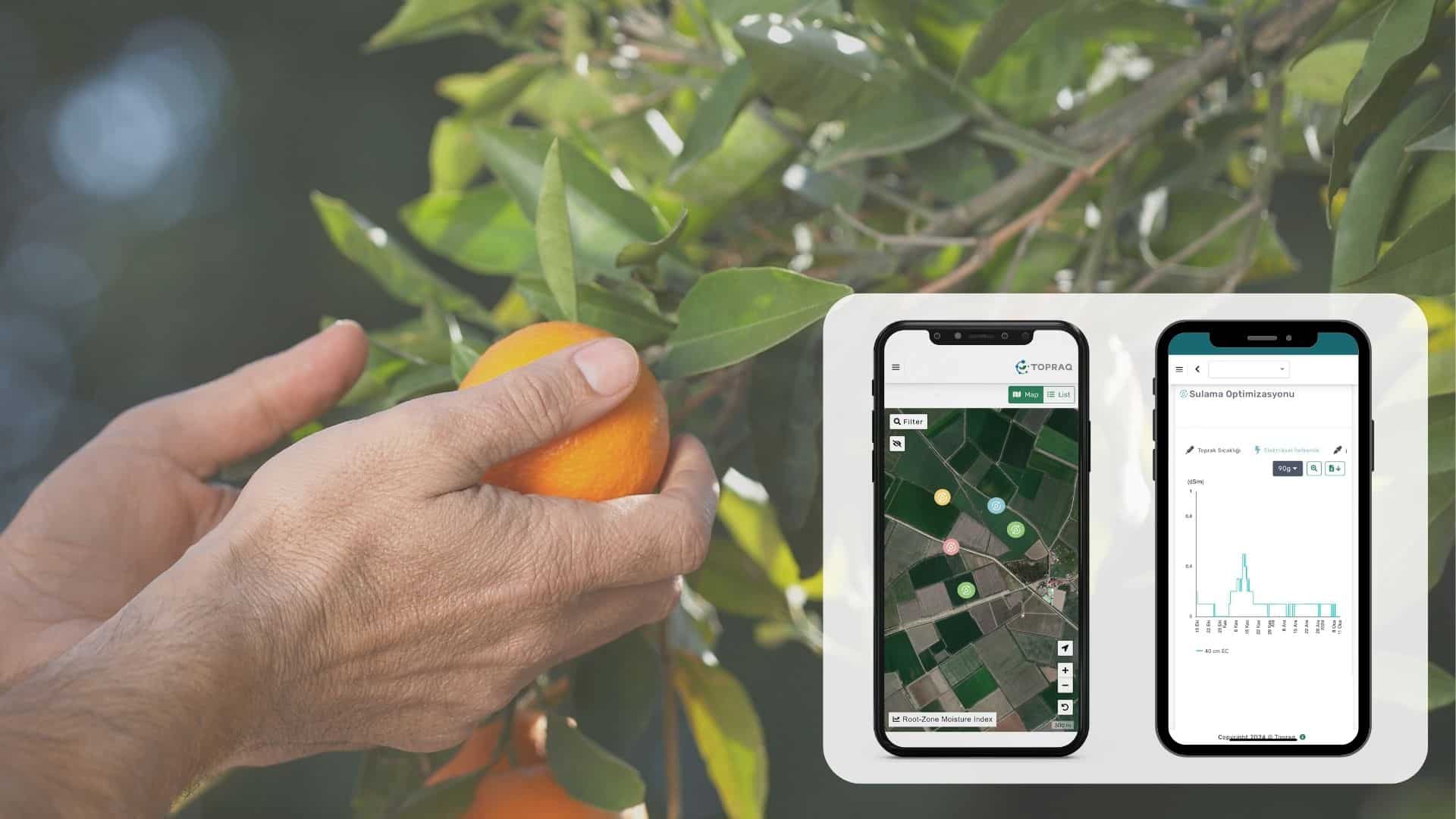Citrus growers are aware of the challenges in maintaining tree health and ensuring high-quality fruit production during citrus dormancy. One critical aspect often overlooked is the nutritional status of citrus trees during their dormant phase. While citrus trees do not enter full dormancy like deciduous trees, they do experience a period of reduced growth during cooler months. This blog post delves into the significant impact of nutritional deficiencies during this phase on yield and fruit quality in the subsequent growing season.
Citrus Dormancy
Unlike deciduous trees, citrus trees remain evergreen throughout the year. However, during the cooler months, they undergo a phase of reduced metabolic activity. This period, often mistaken for dormancy, is a time of crucial preparation for the upcoming growing season. Trees utilize this time to strengthen and prepare for the intense energy demands of flowering, fruit set, and fruit development.
Impact of Nutritional Deficiencies
Bud and Flower Development:
- The Crucial Role of Nutrients: Essential nutrients like nitrogen, phosphorus, potassium, and various microelements play a pivotal role in the development of buds and flowers.
- Deficiency Consequences: A lack of adequate nutrition during the dormancy period can lead to poor bud differentiation, resulting in fewer flowers and a subsequent decrease in potential fruit yield.
Root Health and Nutrient Uptake:
- Foundation for Growth: A healthy root system during dormancy is essential for the efficient uptake of water and nutrients.
- Effects of Nutrient Shortage: Insufficient nutrition compromises root health, affecting the tree’s ability to absorb essential nutrients and water, which is vital for the post-dormancy growth spurt.
Fruit Set and Quality:
- Initial Stages of Development: The early stages of fruit set and development heavily rely on the nutrients absorbed during and just after the dormancy period.
- Impact of Deficiencies: Nutrient deficiencies can lead to poor fruit set, smaller fruit sizes, and reduced overall fruit quality.
Tree Health and Disease Resistance:
- Overall Vitality: The general health of a citrus tree is closely linked to its nutritional status.
- Vulnerability Due to Deficiency: Nutrient-poor trees are more susceptible to diseases and pests, which can further diminish yield and fruit quality.
Nutrient Reserves:
- Storage for Future Use: Citrus trees store nutrients in their leaves, branches, and roots, which are utilized for growth and fruit development in the following season.
- The Need for Adequate Reserves: Ensuring these nutrient reserves are replenished during the dormancy period is vital for the tree’s productive capacity in the next growing cycle.
Balancing Nutritional Needs:
Proper nutrient management during the dormancy phase is not just about preventing deficiencies; it’s also about avoiding the excessive application of certain fertilizers, such as nitrogen. Over-fertilization can lead to undesirable vegetative growth at the expense of fruit development.
Regular Monitoring and Testing:
- Soil and Tissue Testing: Regular testing can identify potential nutrient imbalances, allowing for timely intervention.
- Tailored Fertilization Programs: Based on test results, customized fertilization programs can be developed to meet the specific needs of the trees, considering their age, variety, soil conditions, and environmental factors.

Achieving Nutritional Harmony with T-Irrigate Support
Effectively managing nutrients during dormancy goes beyond simply preventing deficiencies; it requires the careful regulation of excess nutrient elements to establish a harmonious environment. The specific conditions of the soil and air surrounding citrus trees are pivotal in fulfilling their nutritional requirements.
T-Irrigate: Irrigation Optimization Station features smart sensors, including Soil Moisture and Temperature, EC (Electrical Conductivity), Water Pressure, Water Level, Flow Meter, Ultrasonic Flow Meter, Wind Speed and Direction, Relative Humidity, Rainfall, and Pyranometer. These sensors enable the comprehensive measurement of all variables necessary to balance the nutritional needs of your plants. The data gathered is transmitted to our AI platform, where it undergoes processing using Artificial Intelligence and Algorithms. Subsequently, tailored critical calculations are executed for your specific field and plants.
These calculations include:
- Root Zone Moisture Index,
- Irrigation Start Level,
- Irrigation Cut-Off Level,
- Optimum Irrigation Area.
The nutritional well-being of citrus trees during the dormancy period significantly influences fruit yield and quality in the upcoming season. Understanding and effectively managing nutritional requirements at this stage are imperative for the success of any citrus field.

